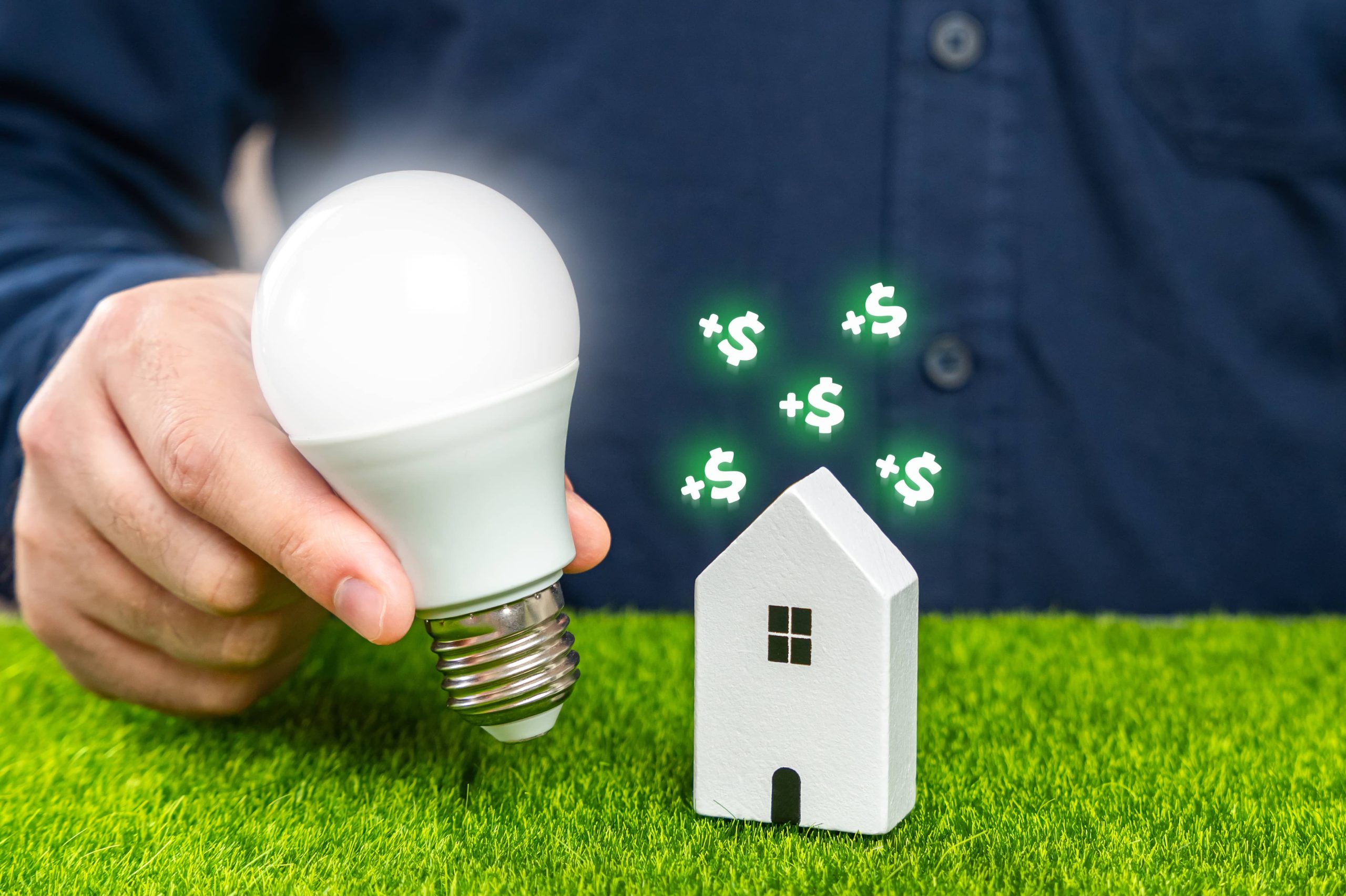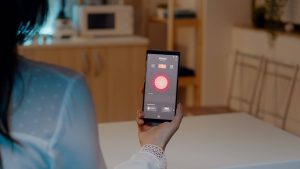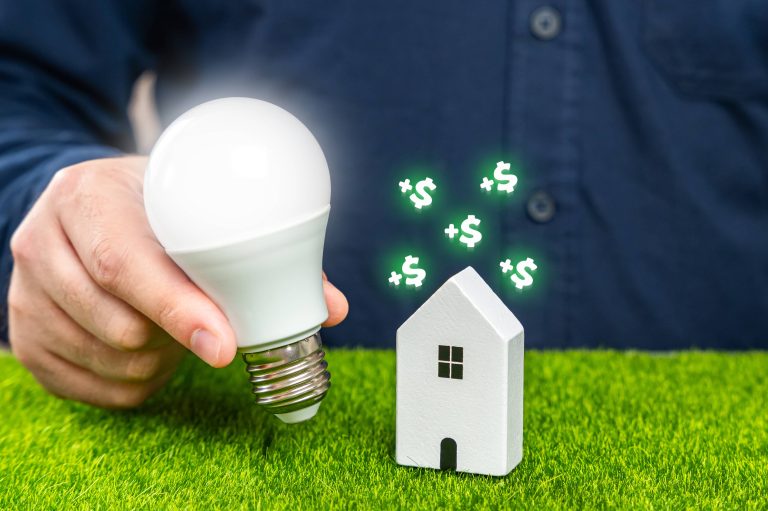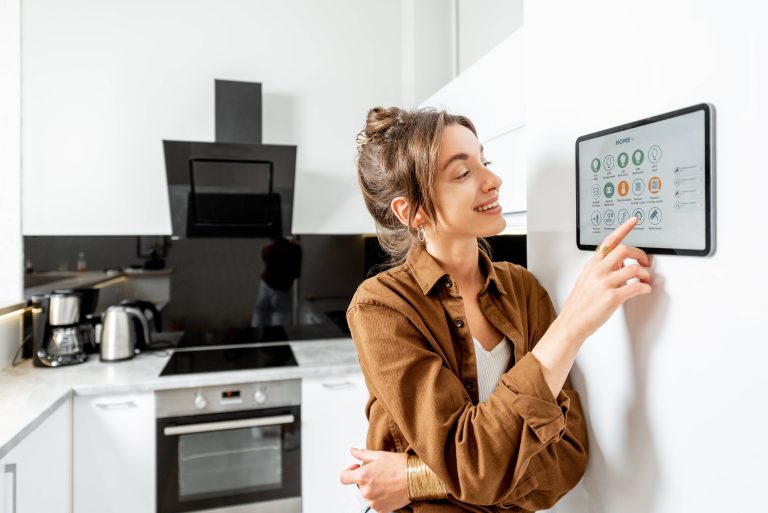
In a world that’s increasingly focused on sustainability and energy efficiency, integrating solar-powered smart home devices is one of the most impactful ways to reduce your carbon footprint while also enjoying the benefits of modern technology. Solar-powered devices utilize the abundant and renewable energy of the sun, significantly cutting down on electricity consumption and costs. For those who care about both their electricity bills and the environment, these gadgets are a game-changer. Let’s delve into the top solar-powered smart home devices that can help you create an eco-friendly and efficient household.
1. Solar-Powered Smart Security Cameras
Home security is paramount, and solar-powered smart security cameras are a fantastic addition to your smart home setup. These cameras, such as the Ring Solar Security Camera or the Arlo Pro 4 Solar Panel, harness solar energy to keep your home secure 24/7 without worrying about battery replacements or electrical wiring.
Key Benefits:
– Constant Operation: Since these cameras are powered by solar energy, they can remain operational during power outages.
– Wireless Installation: No need for complicated wiring, making installation straightforward.
– Environmentally Friendly: Utilizing solar power reduces reliance on electricity, directly contributing to lower carbon emissions.
Best Use Cases:
– Monitoring outdoor areas like gates, gardens, and driveways.
– Keeping an eye on vacation homes or properties in remote areas with inconsistent power supply.
2. Solar-Powered Smart Lights
Lighting can be a significant energy consumer in a home, but solar-powered smart lights offer an excellent solution. Brands like Philips Hue and Lighting EVER have introduced solar versions of their smart LED systems, suitable for both indoor and outdoor use.
Key Benefits:
– Energy Savings: These lights can store solar energy during the day and use it to illuminate your home at night.
– Remote Control: Through apps or voice commands, you can control these lights remotely, adjusting brightness and color as needed.
Best Use Cases:
– Outdoor garden and pathway lighting.
– Poolside and patio areas where setting the mood with customizable lighting can enhance the ambiance.
3. Solar-Powered Smart Thermostats
The thermostat controls a significant portion of your energy bill, and integrating a solar-powered smart thermostat can be a smart move. While the thermostat itself isn’t directly powered by solar, pairing a smart thermostat like the Nest Learning Thermostat with a solar power system can maximize energy efficiency.
Key Benefits:
– Learning Capabilities: These devices learn your schedule and adjust the temperature for optimal efficiency.
– Remote Access: Control your home’s temperature from anywhere, ensuring you are not cooling or heating an empty home.
– Energy Reports: Many of these thermostats provide detailed energy reports to help you understand and reduce your consumption further.
Best Use Cases:
– Integrating into existing solar power systems to maximize savings.
– Homes in areas with significant temperature fluctuations.
4. Solar-Powered Smart Chargers
Gadgets like phones, tablets, and other portable devices are now an essential part of our daily routine. Solar-powered smart chargers ensure that these devices are charged using clean energy. Options such as the Anker 21W Solar Charger are reliable and efficient.
Key Benefits:
– Portability: These chargers can be used anywhere, making them perfect for outdoor trips and emergencies.
– Sustainability: Reduces reliance on power grids and ensures your devices are charged with renewable energy.
– Compatibility: Many solar chargers come with multiple USB ports to charge multiple devices simultaneously.
Best Use Cases:
– Everyday use at home to maintain green energy use for all small devices.
– Ideal for traveling, camping, or staying off-grid.
5. Solar-Powered Battery Backups
A reliable energy supply is crucial, especially during power outages. Solar-powered battery backups or generators like the Goal Zero Yeti Solar Generators ensure that your smart home devices continue to function at all times.
Key Benefits:
– Reliability: Ensures continuous power supply to critical systems, including medical devices, during power outages.
– Scalability: These systems can often be scaled with more solar panels for increased capacity.
– Eco-Friendly: Reduces dependency on fossil fuel-powered generators, providing a clean energy alternative.
Best Use Cases:
– Emergency power for critical devices like refrigerators and security systems.
– Off-grid homes or remote locations with unreliable grid power.
6. Solar-Powered Smart Irrigation Systems
Water conservation is another aspect of sustainability, and solar-powered smart irrigation systems can assist significantly in this area. Devices like the Rachio 3 Smart Sprinkler Controller, when paired with solar power systems, can reduce water usage while maintaining a healthy garden.
Key Benefits:
– Weather Intelligence: Adjusts watering schedules based on local weather data.
– Remote Control: Control and monitor your irrigation system from anywhere via a smartphone app.
– Water Savings: Optimizes water usage, preventing overwatering and minimizing waste.
Best Use Cases:
– Smart watering in places prone to droughts.
– Large gardens or agricultural setups.
Conclusion
Incorporating solar-powered smart home devices is a step toward a sustainable and energy-efficient lifestyle. These devices not only contribute to reducing your environmental impact but also offer convenience, security, and long-term savings. As technology continues to advance, we can expect even more innovative solar-powered solutions to make our homes smarter and greener. Embracing these devices today is a proactive investment in both your future and the planet’s well-being.







